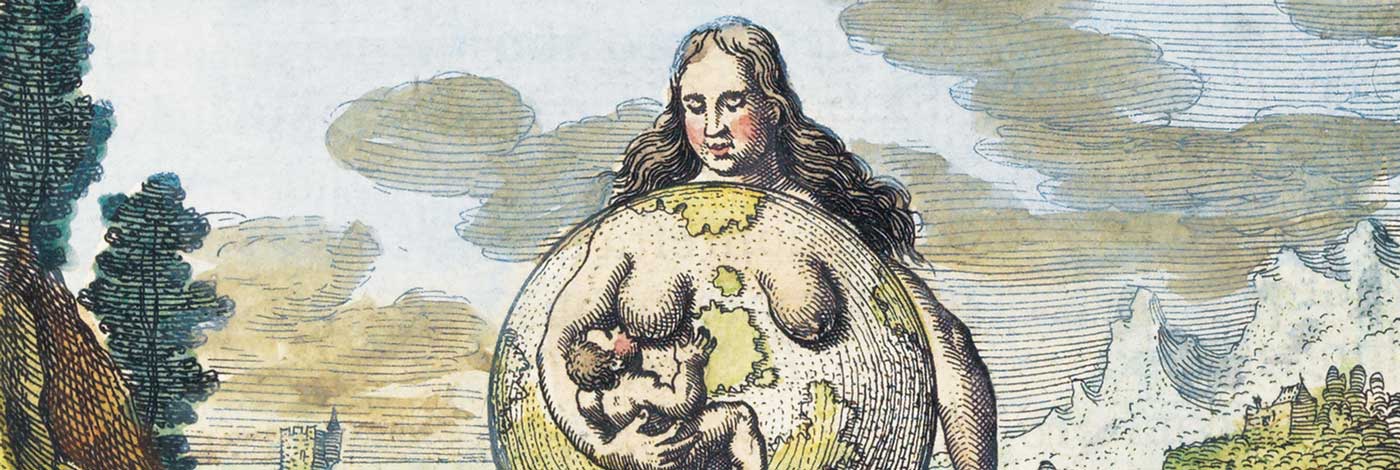
 Anthropozoologica
25-26 - Pages 247-253
Anthropozoologica
25-26 - Pages 247-253Vertebrate remains from the coastal Peruvian site of Ostra Base Camp (4550-3050 BC) suggest the marine environment has changed since the site was occupied. At other preceramic coastal Peruvian sites the vertebrate remains are primarily fishes typical of the warm-temperate zone predominate today; however, the Ostra Base Camp collection includes a large number of warm-tropical or estuarine species. This suggests a warm embayment was present near the site in the past, although today the nearest such embayment is 400 km north of the site. Either the coastal waters were warmer than they are today or waters were temporarily entrapped in an embayment and warmed.
Peru, Preceramic, environmental reconstruction, coastal resources.